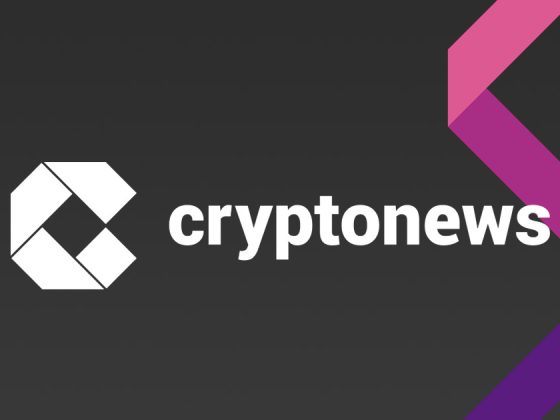Ethereum co-founder Vitalik Buterin has publicly announced that starting next year, he will only publicly endorse Layer 2 solutions that have progressed beyond their initial developmental stages.
This move is said to enhance the security and trustworthiness of the Ethereum ecosystem, which has various rollup projects at its center. However, these projects are still reliant on early-stage mechanisms he refers to as “training wheels.”
According to Buterin, this decision applies universally, regardless of personal investments or friendships. This approach, he argues, is essential to moving away from rollups being “glorified multi-sigs” and towards a future of cryptographic trust where reliance on human oversight is minimized.
Vitalik Buterin’s New Layer 2 Standard: From Training Wheels to Stage 1+
The initiative that Buterin is advocating for revolves around a milestone-based schema that classifies rollups into three distinct stages based on their dependency on human intervention versus fully automated, trust-minimized systems.
Rollups, which are designed to process transactions off the main Ethereum blockchain to enhance speed and reduce costs, often start with significant manual oversight to manage bugs or unforeseen issues.
However, this initial reliance on multisigs—a group of signatories that can collectively override the system—poses risks that Buterin and others in the community believe need to be mitigated as technology matures.
Currently, many rollup projects operate at Stage 0, where full training wheels are in place. At this level, multisigs play a crucial role, allowing developers to manage potential errors without the need for fully functioning fraud proofs or validity proofs.
The primary goal at this stage is to get projects off the ground. This will facilitate ecosystem development even when the underlying technology is not yet fully reliable.
Stage 1, which Buterin now insists on as a minimum standard for public endorsement, represents a significant step forward.
At this level, rollups must have operational fraud proofs or validity proofs capable of validating the state roots posted to the blockchain.
The multisig override mechanism remains, but it must meet stringent conditions, including a 75% threshold for decision-making and a requirement that at least 26% of the council members be independent of the rollup team.
New Standards: Can Projects Keep Up?
Notably, Buterin highlighted that several zero-knowledge rollup (ZK-rollup) teams are on track to reach Stage 1 by the end of the year, a milestone he views as crucial for the broader adoption and trust in Ethereum’s scaling solutions.
However, he cautioned against hastily discarding these protective measures before there is confidence in the security of the proof systems.
He stressed that while his involvement in multisigs has been incident-free in terms of liveness failures, the industry must move towards a future where code, not humans, is the ultimate arbiter.
Based on most community comments, the ideal endpoint for rollup technology is Stage 2, where no group of actors can alter the state dictated by the rollup’s code, regardless of their unanimity.
Buterin’s proposal aligns with a broader push within the Ethereum community to prioritize security and trust in decentralized finance (DeFi), especially now that Buterin himself is in the midst of a scandal and the community is pressuring him because of his large Ethereum sales.
According to a recent report, Buterin has been linked to a series of ETH sales totaling 950 ETH, valued at approximately $2.28 million, since August 30.
His associated wallet, which received 3,800 ETH worth around $9.8 million, has been executing sales in smaller, strategic batches rather than large transactions. The most recent sale involved 190 ETH, converted to $441,971 in USDC, bringing the total sold to 950 ETH.
However, Buterin has commented on the transactions today, which the community has been expecting.
He claimed the transaction was another donation as part of his philanthropic decisions.
The post Vitalik Buterin Declares New Era for Layer 2 Solutions: Stage 1+ Projects Only appeared first on Cryptonews.


